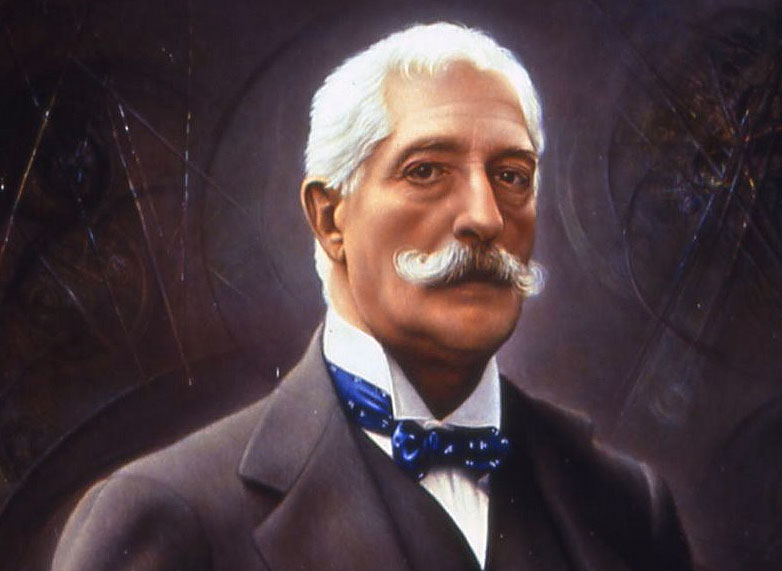I Malavoglia is the best known novel by Giovanni Verga, and the one in which the author best expresses the poetics of
Verismo
. It is the story of the misfortunes of a Sicilian fishing family in the years following the Unification of Italy.
I Malavoglia was published in 1881 and, as is often the case with all the greats, was initially received badly by readers and critics: only later did the novel recover and receive positive reviews.
The novel describes the mishaps of the Toscano family, maliciously nicknamed the “Malavoglia” (the reluctant ones) by the local people. The Toscano are a family of fishermen from the small Sicilian village of Aci Trezza. Padron ‘Ntoni is the head of the family and the family unity and economy are guaranteed by the house by the medlar tree and the fishing boat, called “La Provvidenza”, but a relentless series of disasters affects the family.
Aci Trezza was discovered by the world because of this novel, and in recent years literary tourism and visits to the Casa del Nespolo Museum have grown in number.